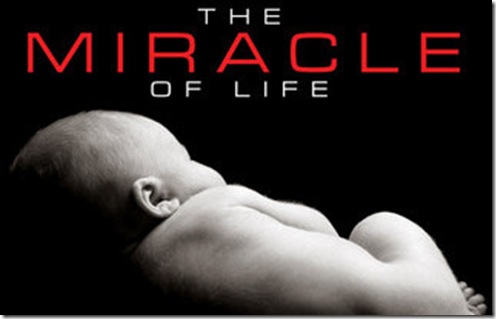In a few days we will observe Sanctity of Life Sunday. It’s an opportunity to consider the supreme worth of children and our sobering responsibility to protect them. Between now and then, we will consider the ways in which various Christian thinkers have expressed their commitment to life. We begin here with a quote from John Calvin.
From 1540 to 1563, John Calvin wrote his multivolume commentary on the Bible working in both Strasbourg and Geneva. From Exodus 21,1 Calvin taught that Scripture forbade abortion.
If men strive, and hurt a woman. This passage at first sight is ambiguous, for if the word death only applies to the pregnant woman, it would not have been a capital crime to put an end to the foetus, which would be a great absurdity; for the foetus, though enclosed in the womb of its mother, is already a human being, (homo,) and it is almost a monstrous crime to rob it of the life which it has not yet begun to enjoy. If it seems more horrible to kill a man in his own house than in a field, because a man’s house is his place of most secure refuge, it ought surely to be deemed more atrocious to destroy a foetus in the womb before it has come to light. On these grounds I am led to conclude, without hesitation, that the words, “if death should follow,”2 must be applied to the foetus as well as to the mother. Besides, it would be by no means reasonable that a father should sell for a set sum the life of his son or daughter. Wherefore this, in my opinion, is the meaning of the law, that it would be a crime punishable with death, not only when the mother died from the effects of the abortion, but also if the infant should be killed; whether it should die from the wound abortively, or soon after its birth. But, since it could not fail but that premature confinement would weaken both the mother and her offspring, the husband is allowed to demand before the judges a money-payment, at their discretion . . .3
Footnotes:
![]()
1 When men strive together and hit a pregnant woman, so that her children come out, but there is no harm, the one who hit her shall surely be fined, as the woman’s husband shall impose on him, and he shall pay as the judges determine. But if there is harm, then you shall pay life for life . . . (Exod. 21:22-23 ESV)
2 Calvin is following his own Latin translation of the Hebrew, which reads, “Quod si mors fuerit.”
3 John Calvin, Commentaries on the Four Last Books of Moses: Arranged in the Form of a Harmony, vol. 3, in Calvin’s Commentaries 22-Volume Set (Grand Rapids: Baker Books, 2003), 41-42.





